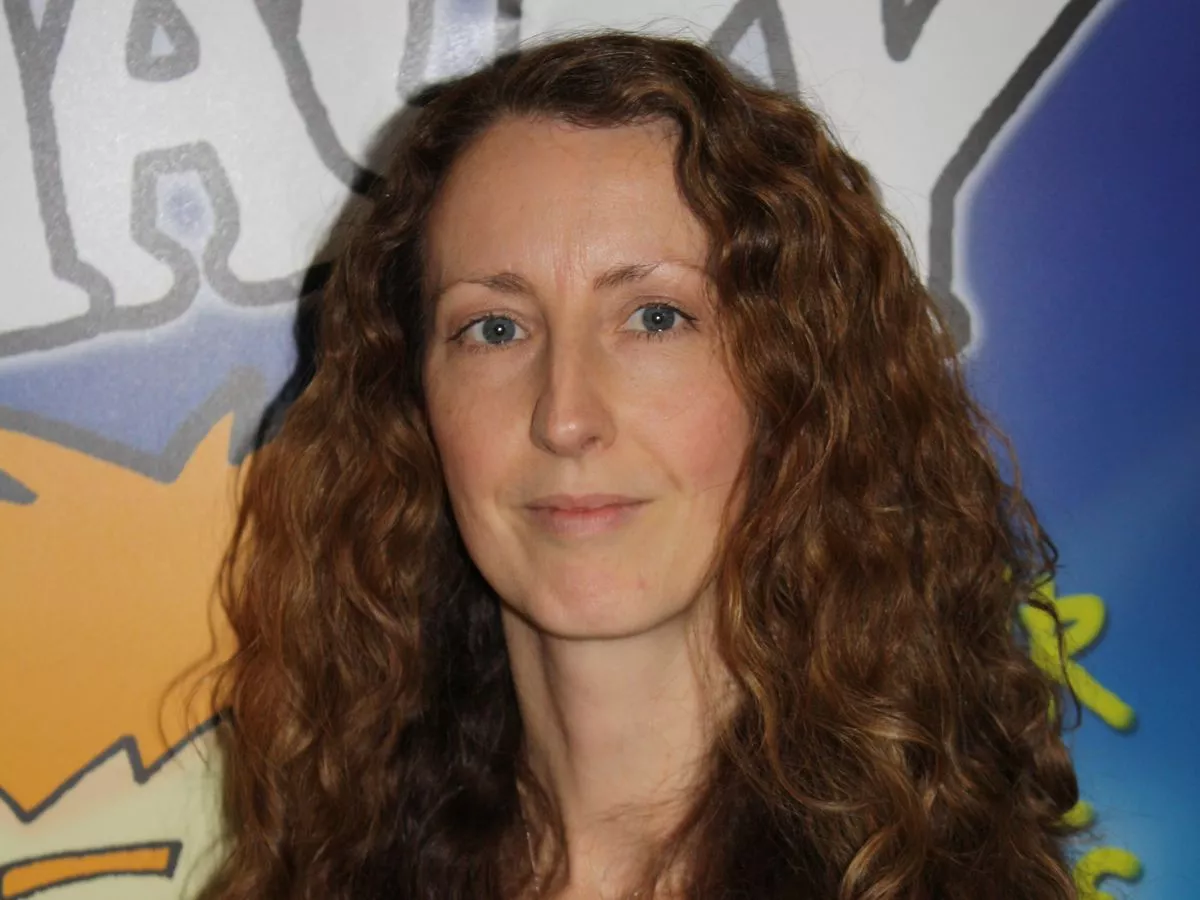By Donal McMahon
Copyright belfastlive

Schools in Northern Ireland are facing an “epidemic of school absence” with emotional triggers causing a barrier to their education . That is according to Belfast-based legal experts who say they are “extremely concerned” over the high levels of emotionally-based school non-attendance (EBSNA). The Children’s Law Centre (CLC) has now highlighted the experience of children who felt “threatened” and “struggling to breathe” in a classroom environment that needs change. CLC advice manager Liam Mackle is currently consulting with the Northern Ireland Commissioner for Children and Young People (NICCY) on a strategy for vulnerable children. Read more: Council calls for anti-social record sharing following Lisburn murder. Read more: Disabled people being short-changed by ‘thousands’ amid NIHE concerns of ‘sky-rocketing’ home access costs. Speaking to the Local Democracy Reporting Service (LDRS), Liam said: “There is not a week goes by that myself or our other advice team staff are not contacted by a parent whose child is out of school and in some cases it is a child who has been out of school for a considerable period of time. “There is now an epidemic of school absence that is occurring. “There just seems to be an absence of ideas on how to provide education to pupils who, due to high levels of anxiety, cannot attend school. With the modern technology that is available, this just seems to be inconceivable. “The past 10 or 15 years have seen the Education Authority (EA) face crisis after crisis, and we are currently in the middle of yet another crisis in respect of pupils not attending school. “This is a very important and urgent matter, as a society we are failing too many children.” The CLC has now explored chronic school absence across Northern Ireland by speaking with young people who shared their individual stories of suffering from anxiety in school. ‘Chris’ spoke candidly about the impact of school on his deteriorating mental health, especially when trying to mask neurodivergent traits. In the video interview (shared by CLC) Chris aged 16, shares his simple straightforward ideas to improve the school curriculum, if only someone would listen. Chris says: “I would say that the absolute most major factor for poor mental health for me is school. I get very emotional about it. I tick, I cry, I shake and I struggle to breathe properly.” Owen aged 18, reflected (in the video shared by CLC) on the trauma of being dismissed and punished in primary school and how a lack of empathy led to early disengagement. A compassionate teacher made a lasting positive difference, even if, in the end, it was too late to prevent him from leaving school at the end of P7 and only to return to formal education at 16. Owen says: “Grown up now, especially at this age, I realised how traumatic it was for me. There was also another time I was having trouble going to school. She (the school principal) guilt-tripped me into believing that either my Ma goes to jail or I go to school. She just chose that as a threat, instead of trying to figure out what thing I could change here to make this environment more safer for this child?” The CLC was established in September 1997, founded on the principles laid down in the United Nations Convention on the Rights of the Child. The centre works to protect the rights of all children living in Northern Ireland particularly those who are the most disadvantaged both physically and mentally. The LDRS recently spoke to Co Down parents of children who are now being home schooled to “protect their mental health”. Many of the children are waiting on an educational psychologist for a neurodiverse assessment of autism and ADHD. The parents said putting their kids to school was like “telling them to go into a burning building”. NI’s biggest teachers union, NASUWT told the LDRS that it would support a NI wide system of online resources for these EBSNA children. The CLC has now explored chronic school absence across Northern Ireland by speaking with young people who shared their individual stories of suffering from anxiety in school. ‘Chris’ spoke candidly about the impact of school on his deteriorating mental health, especially when trying to mask neurodivergent traits. In the video interview (shared by CLC) Chris aged 16, shares his simple straightforward ideas to improve the school curriculum, if only someone would listen. Chris says: “I would say that the absolute most major factor for poor mental health for me is school. I get very emotional about it. I tick, I cry, I shake and I struggle to breathe properly.” Owen aged 18, reflected (in the video shared by CLC) on the trauma of being dismissed and punished in primary school and how a lack of empathy led to early disengagement. A compassionate teacher made a lasting positive difference, even if, in the end, it was too late to prevent him from leaving school at the end of P7 and only to return to formal education at 16. Owen says: “Grown up now, especially at this age, I realised how traumatic it was for me. There was also another time I was having trouble going to school. She (the school principal) guilt-tripped me into believing that either my Ma goes to jail or I go to school. She just chose that as a threat, instead of trying to figure out what thing I could change here to make this environment more safer for this child?” For the first time, the Education Authority has provided a unique absence code for this school term, to be used by parents and schools to record Emotional-Based School Non-Attendance (EBSNA). However, there are concerns that the code to record absence is not supported by any follow-up service at this time. CLC special educational needs and disabilities (SEND) specialist legal adviser, Rachel Hogan, said: “The Children’s Law Centre is extremely concerned about the prolonged crisis in education, which is indicated by extremely high levels of school absence. “Parents and carers describe multiple barriers faced by their children in accessing education in a school, and we hear stories of epic struggles to assist children to get ready for school while experiencing crushing anxiety, fear and distress. “It is clear from recent attendance figures that very significant numbers of children and young people, having been left with unidentified or unmet needs, are now voting with their feet and staying at home where they feel safe. A generation of young people are facing transition towards adult life, with lost educational, social and emotional development opportunities.” She added: “CLC has long been raising concerns about chronic difficulties with school absence and the harmful impacts that a lack of action can have on children and young people. “CLC welcomes the fact that the EA has started to indicate some level of response to the issue of what is being termed EBSNA and that guidance has been issued about recording absence. However, there are difficulties with categorising children in such a general manner as EBSNA and then recording that such absences are ‘authorised’, which could result in further normalising children with needs being left to sit at home with no education provision. “The people who know the issues best are children and young people, and it is imperative that the Department of Education (DE) takes urgent steps to consult widely with affected children and young people to gain an understanding of what the causes of school absence are and what needs to be done to remedy these. “Every child is an individual, with individual needs that require to be identified and provided for so that barriers to education are removed. “Most importantly of all, we need to listen to what children and young people are telling us. We can’t force young people into environments where they don’t feel safe and supported and expect them to thrive.” Current Stormont legislation is now progressing following a public consultation, to require all young people to participate in education, training, or apprenticeship until the age of 18. A spokesperson for DE told the LDRS: “A range of support is available to children and young people and their parents. The department continues to provide support for schools and families through funding, including £ 75 million for Targeting Social Need, £ 7.7 million for Extended Schools, £ 4.1 million for the Emotional Health and Wellbeing in Education Framework, and a range of other support programmes. “The department published Attendance Matters – A Practical Guide and good practice resources in the last academic year to help schools improve regular attendance.” For all the latest news, visit the Belfast Live homepage here and sign up to our daily newsletter here.



